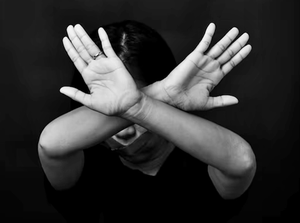Australia commits $56.8 million to eliminate violence against women in Southeast Asia
Canberra, Nov 25 (IANS/WISHAVWARTA) Australia on Monday announced that it will commit $56.8 million to a new programme to advance sexual and reproductive health and rights in Southeast Asia, including working towards eliminating all forms of violence against women and girls.
The announcement came on November 25, the International Day for the Elimination of Violence against Women.
The ‘Towards Universal Sexual and Reproductive Health and Rights in the Indo-Pacific’ programme will enhance efforts by long-term partners United Nations Population Fund (UNFPA), International Planned Parenthood Federation, Marie Stopes International and UNICEF to improve access to and quality of services, information and education for sexual and reproductive health and rights.
According to a statement issued by the Australian government, under the new programme, the country’s partners will facilitate outreach, digital health services, boost community awareness, support government initiatives and strengthen capacity to make data-informed policy decisions. It will also support progress towards eliminating child, early and forced marriage.
“This builds on Australia’s Covid-19 Sexual and Reproductive Health and Rights Surge Response Initiative in 2021-2024, which delivered sexual and reproductive health services to 4.5 million people and supported over 125,000 survivors of sexual and gender-based violence across Southeast Asia and the Pacific. It also complements the Transformative Agenda for Women, Youth and Adolescents in the Pacific Phase 2 programme which commenced in November 2023 and is delivering similar support and services across the Pacific,” the statement mentioned.
The Australian government affirmed that it is committed to the elimination of all forms of violence against women and girls globally, in its region and in the country.
“This new programme reflects Australia’s commitment to the universal realisation of sexual and reproductive health and rights, which are central to inclusive development,” the statement added.






















